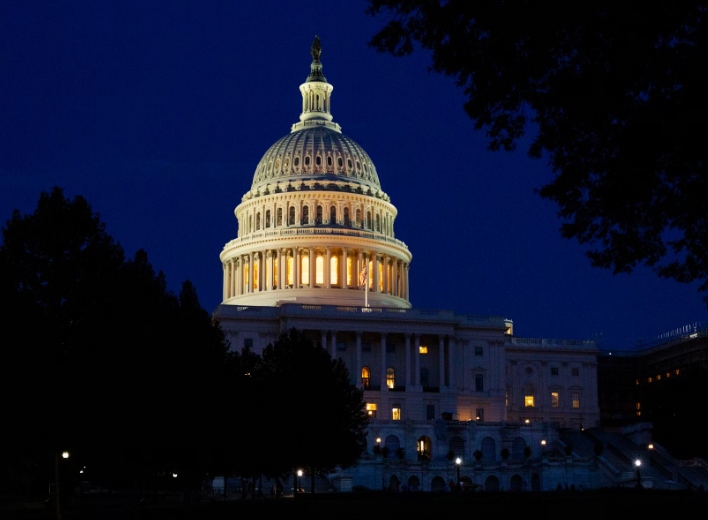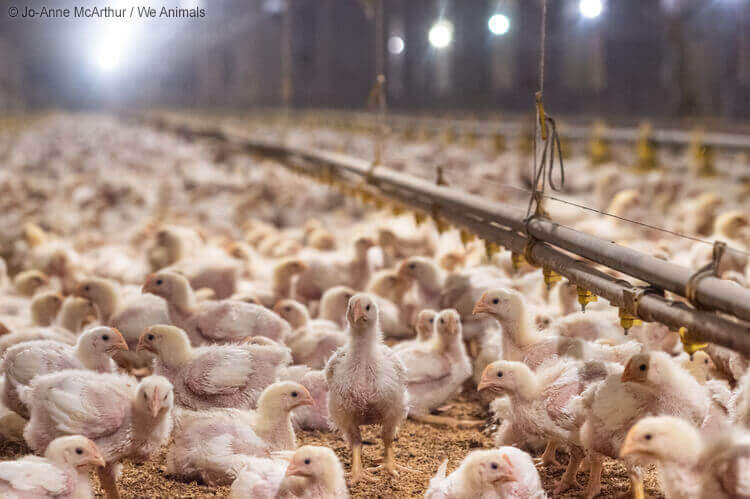Exploring the Relationship Between Human Rights and Democracy
Human rights and democracy are two interconnected concepts that play a crucial role in shaping modern societies. While human rights refer to the fundamental freedoms and entitlements that every individual should possess, democracy is a system of government where power resides with the people who exercise it directly or through elected representatives. The relationship between these two concepts is complex and often intertwined, as each depends on the other for their existence and effectiveness.
Human rights are the basic rights and freedoms to which all individuals are entitled, regardless of their race, gender, religion, or nationality. These rights include but are not limited to the right to life, liberty, and security of person, freedom of speech and expression, freedom of thought and conscience, and the right to participate in the political process. Human rights are essential as they provide a framework for individual dignity, equality, and justice.
On the other hand, democracy is a political system that ensures the participation of citizens in decision-making processes, creating a government that is accountable to the people. It is built upon the principles of political equality, popular sovereignty, and the protection of individual rights. Democracy allows citizens to express their opinions, elect representatives, and hold those in power accountable for their actions. It provides a platform for diverse voices and perspectives to be heard and considered.
The relationship between human rights and democracy is mutually reinforcing. Human rights are the foundation of democracy, as democracy cannot exist without protecting and upholding the rights of individuals. Without human rights, elections and political participation could be meaningless, as basic freedoms and protections would be absent. Democracy ensures that human rights are respected and upheld by creating a system of checks and balances, ensuring that power is not abused and that the rights of all individuals are protected.
Furthermore, democracy provides a platform for individuals to advocate for their rights and to challenge oppressive laws and policies. It allows for the peaceful resolution of conflicts and the protection of minority rights. Democratic institutions, such as an independent judiciary and a free press, are essential in safeguarding human rights by providing mechanisms for accountability and transparency.
Conversely, human rights are crucial for the sustainability of democracy. They provide the necessary safeguards against the abuse of power and the erosion of democratic values. Without human rights, democracy can easily devolve into a tyranny of the majority, where the rights of minority groups are disregarded. Human rights ensure that all individuals, regardless of their political beliefs or affiliations, have equal access to political participation and representation.
However, it is important to note that the relationship between human rights and democracy is not always straightforward. In some instances, a democratic system may not fully respect or protect human rights, leading to instances of discrimination, marginalization, and injustice. Similarly, human rights can sometimes be used as a pretext to undermine democratic processes and institutions.
To strengthen the relationship between human rights and democracy, it is essential to promote a culture of respect for human rights and to ensure that democratic institutions are accountable, transparent, and inclusive. Education and awareness-raising initiatives are crucial in promoting a deeper understanding of human rights and their importance in a democratic society. It is also essential to address socioeconomic inequalities, as they can hinder the enjoyment of human rights and undermine democratic processes.
In conclusion, the relationship between human rights and democracy is symbiotic, with each concept relying on the other for their existence and effectiveness. Human rights provide the foundation for democracy, ensuring the protection of individual freedoms and liberties, while democracy creates the necessary conditions for the realization and protection of human rights. By upholding and strengthening both human rights and democratic principles, societies can strive towards greater equality, justice, and inclusivity.





